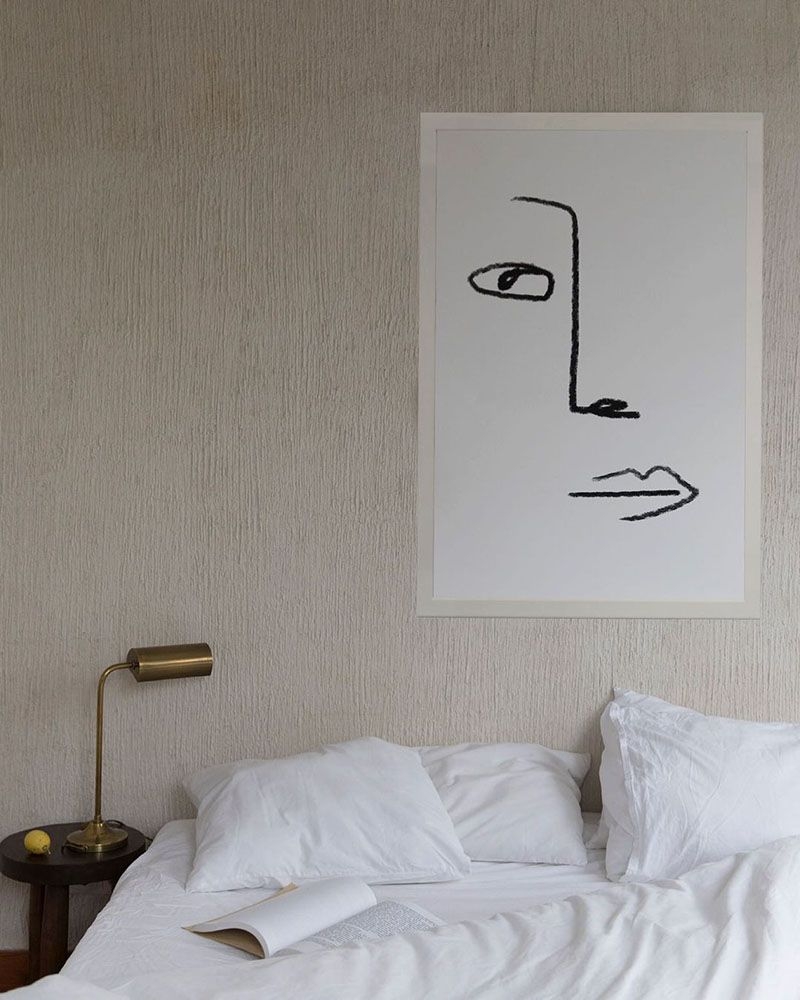
Image: @ofbyamandashadforth
We keep hearing people say “I have a fifth sense about it”, “I have a feeling we should take the next turn” or “something’s stopping me”. A gut feeling is what we would typically call it. People’s natural instincts have often come to their aid in times of need. We have all heard those anecdotal accounts of luck against all odds in whatever scenario. Usually it all boils down to someone’s intuition nudging them to take a safer route or to push back on plans. In other words, instinct is a frequent companion of our day-to-day lives.
It steps in when making a call on skipping that morning yoga for a tempting cup of coffee down the road. A lucky coincidence, one might think, as it turns out that their favourite instructor is off sick anyway. Needless to say, mothers tend to be especially tuned in with their instincts, being the first to notice something left unsaid or if we are unwell.
Philosophers, scientists and psychologists have long been fascinated by the fascinating phenomenon of intuition. Does it truly exist or is it all circumstantial? Should we trust our gut? And what has it got to do with the gut anyway? Here we will try and get to the bottom of it.
The inter-relation of our body and mind has already been demonstrated by multiple studies. To be exact, our brain and gut are linked by an entire network of neural connections. This “brain” in your gut is otherwise known as the enteric nervous system (ENS). It is the source of those “butterflies in your stomach”, when unexpectedly bumping into your ex or having your first interview for a dream job. It is a fear of the unknown, to which our gut is simply the first “brain” to react.
There has been much talk about the influence of the trillions of bacteria which form our microbiome on how we are feeling. However, in recent years scientists have also demonstrated its impact on our mood, social behaviour and even learning. Scientific evidence shows a strong deviation in the microbiome of those suffering with depression from the assumed norm. As for “butterflies in your stomach”, there is more to where that came from.
Stanford University Professor Justin Sonnenburg, who specialises in microbiology and immunology, explain this process in detail. According to him, the number of neural connections in the gut is as expansive as that in the brain. Although the digestive organ bears no burden when it comes to our talents or learning ability to paint or read, this “second brain” has everything to do with premonitions.
“The intuitive mind is a sacred gift, and the rational mind is a faithful servant. We have created a society that honours the servant and has forgotten the gift,” said Albert Einstein. He was convinced that intellect and instinct come hand in hand. Meanwhile, German philosopher Immanuel Kant said that all knowledge starts with intuition, and it did not let him down. Modern science defines instinct as an outcome of a subconscious analysis of all the information cumulatively perceived by our body. Be it choosing the best route for your morning run or settling on a new job, our brain taps into the relevant memories of a similar past scenario and offers a solution, which would prevent us from falling into the same trap.
Our memory functions in a similar way. Say, you are on the lookout for a perfect pair of trainers, when you stumble upon a previously unfamiliar sports store. It is only after you have successfully bagged your purchase, that a recent memory of your athlete friend’s glowing reviews springs to mind.
Typically, it is the first instinctive solution to a problem that proves to be the best one, as demonstrated by the popular concept of Ockham's razor. According to this concept, one should not look for complex explanations where intuitive knowledge alone would suffice. “Entities should not be multiplied without necessity,” wrote the theory’s 14th-century advocate William Ockham.
However, our habit of identifying logical explanations for everything means that instinctual solutions are often forsaken in favour of reason. We tend to abandon ideas prompted by our gut feeling as too hasty and not well thought through. So, how can we distinguish instinct from mistakes?
According to the American Psychological Association, instinctive thinking often points in the right direction, as it is not affected by anxiety. When it comes to complex decision-making, we are driven by fear, which we then attempt to rationalise. “What if our breakup is a mistake?” “What if I quit my job and never find a better one?” While it is completely normal to have our worries and doubts, it often makes it very difficult to tune in with our gut feeling.
In his book The Intelligence of the Unconscious, cognitive psychologist Gerd Gigerenzer is of the opinion that intuition is underestimated. In his view, it is a form of subconscious intellect. Our instinct filters through huge volumes of unnecessary information, providing the right solution at the right time.
There are several ways to tune in with your inner voice. All of them aim to reduce anxiety and allow the mind and body to fully relax. This can involve meditation, long walks in nature or even having a simple lie down on your sofa with your eyes shut.
A relaxed body allows the subconscious to do its job. In the words of Honoré de Balzac: “Female intuition is worth more than the wisdom and foresight of some of our greatest minds”. So do not neglect your feelings. When instinct is given space to exist, it will no doubt do its job in leading you towards the light.